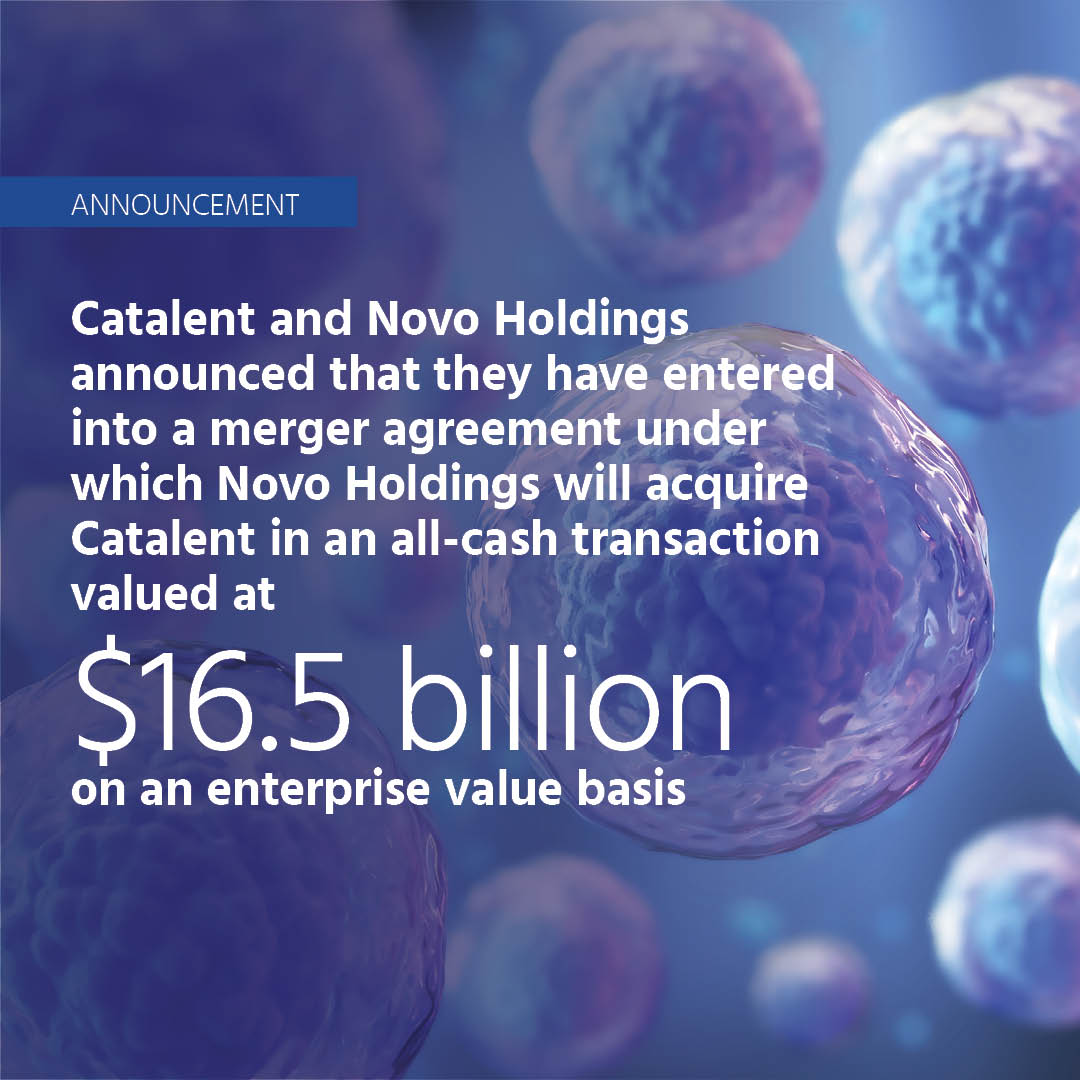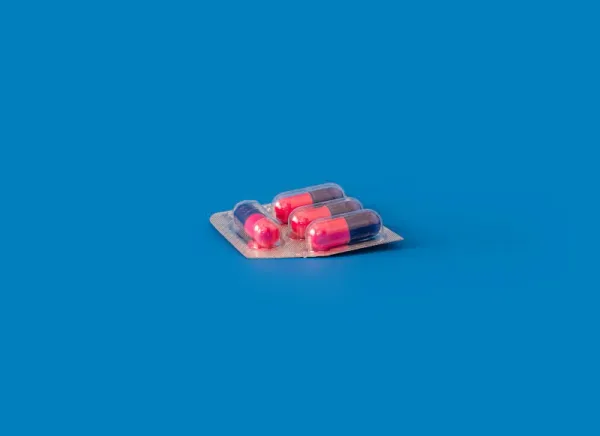Novo's new GLP1: Amycretin
Novo has a new drug it's working on -- Amycretin. Amycretin is a dual agonist, with the *new* agonist being Amylin. Read more about it here.

The GLP1 Receptor Agonist competition keeps going. With the success of drugs like Ozempic, Wegovy, Mounjaro, Zepbound and others, companies are trying to formulate more drugs that mimic the body's natural hormones and cause desirable effects for weight loss and type 2 diabetes.
Check out our quick explainer
We covered Eli Lilly's Retatrutide a little while ago:

While Retatrutide is quite new and hasn't been through many substantive trials, Novo Nordisk has been working on a new GLP1 that also looks competitive: "Amycretin".
What is Amycretin?
Amycretin is the code name of a new drug being developed by Novo Nordisk that is a dual agonist – it mimics both GLP1 and Amylin.

Amylin is a peptide that is secreted along with insulin – and it's major role is understood to be slowing gastric emptying and regulating glucose. Amylin is normally produced in the pancreas, and is secreted into the blood.
How does Amycretin work?
Amycretin is a dual agonist which means it excites two receptors for hormones (that are in this case normally produced by the body):
- GLP1
- Amylin
GLP1s effects have been widely discussed (especially here) but the new entrant here is Amylin – Amylin is the big
Are there any likely issues with Amycretin?
Those following GLP1s know that one of the most common and significant negative side effects of the drugs has been problems in the gastrointestinal tract – for example Gastroparesis:

There have been some analysis of these negative effects that are gastrointestinal:

There seems to be an increase in the likelihood of the following gastrointestinal issues:
- Pancreatitis
- Gastroparesis
- Bowel obstruction
Given that Amylin works by directly on slowing gastric emptying (as opposed to more mental effects), it seems likely that these side effects will be worth watching once Novo Nordisk completes more trials.
Who develops Amycretin?
Amycretin is developed by Novo Nordisk:

Novo Nordisk is one of the leading developers of insulin and GLP1 Receptor Agonists – known for creating Ozempic, Wegovy and Rybelsus, amongst other drugs.
Novo Nordisk is publicly traded (at present the most valuable company in Europe) and generally has a good track record for quality, and is a trusted name in phramaceuticals.
How effective is Amycretin?
Amycretin has been through a Phase 1 trial (funded by Novo Nordisk), which was relatively successful. You can read the information from the Clinical Trial yourself here:
While the trial setup and goals are listed, the results of the trial have not (yet) been made available, but they were announced by Novo Nordisk:

You can download the full PDF below:
What Novo did share was that Amycretin was able to cause 13% body weight loss in just 12 weeks, compared to placebo:

While the number of people this worked for is very small (16 people) and the phase 1 trials weren't large either, these are some impressive results for a new formulation.
Novo also seems to be working on a triple agonist (similar, but distinct from Eli Lilly's Retatrutide):

While we'll have to wait to find out the real results of the study (it's not quite clear why there is a delay in posting the results), we can at least look at what Novo Nordisk is saying to investors.
Will supply shortages still be an issue?
New drugs and formulations are great, but currently the largest problems are with the demand far outstripping supply of GLP1 receptor agonists. The drug cannot be made accessible for those with type 2 diabetes and those wishing to do weight management if it cannot be produced in huge quantities.
Shortages will likely still be an issue in the short term, but remember that Novo Nordisk is actually in great position with regards to supply chain:

The purchase of Catalent at a valuation of $16.5B USD puts Novo Nordisk in firm control of it's supply chain, and in a great position to ramp up production and smooth out manufacturing issues, as well as seemingly-mundane things like filling injection pens that are used in various formulations of the drugs.








